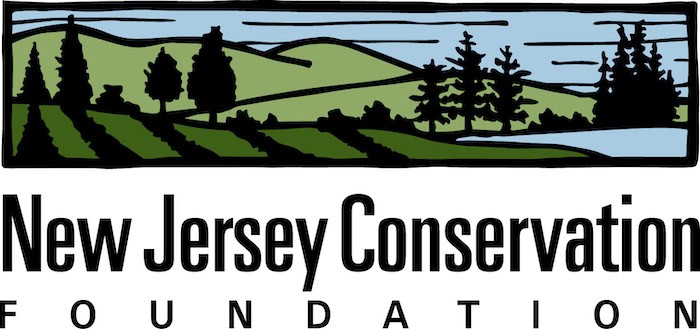By Alison Mitchell
No matter where you live in New Jersey, blue recycling bins with their triangular-arrow logo are a familiar sight along rural, suburban and city streets.
It has been 35 years since a mandatory recycling law was signed by former Gov. Tom Kean to reduce the amount of metal, glass, plastics, paper and cardboard sent to landfills and incinerators.
Based on that 1987 law, all 21 New Jersey counties established recycling programs requiring residents to separate recyclables from their household trash. Counties worked hard to build public enthusiasm and compliance.
But running a successful recycling program has become more challenging, particularly for plastics, which have become ubiquitous in the decades since the original recycling law was passed.
For years, nearly half the plastics collected in recycling bins in the United States were shipped to China for processing. But not all got processed into materials for making new products. Many of the plastics were contaminated with food waste and could not be used. They ended up exactly where they were not supposed to be … in landfills, incinerators and the environment.
In 2018, China enacted a new policy halting the import of plastics and other materials for recycling, dealing a blow to recycling programs across the United States. Some shortened the list of materials they would accept and a few shut down completely. Recyclable materials that could not be sold on the market became trash once again.
In January, Gov. Phil Murphy signed a bill into law that aims to build on and bolster recycling efforts across New Jersey by requiring more recycled content in a variety of packaging products. These include plastic and paper shopping bags, plastic food and drink containers, plastic trash bags, and glass bottles and containers.
The new law, if implemented correctly, will make New Jersey a leader in reducing the use of virgin plastics. It affects bags and containers sold or offered at businesses in New Jersey.
Similar recycled content laws are already on the books in several states, including Connecticut, Maryland, Maine, California and Washington. More states are considering it.
With goals to increase New Jersey’s plastics recycling rate, create a more profitable recycling market and reduce the need to manufacture new virgin plastic, a petroleum product, the law should also help reduce plastic litter, which is harmful to wildlife on land and in the ocean.
Judith Enck, a former U.S. Environmental Protection Agency regional administrator and the current president of Beyond Plastics, an organization working to end single-use plastics, said plastics recycling has been disappointing.
“Nationally, only 8.5% of plastics are recycled,” Enck said. “Most plastic is sent to landfills or incinerators, or it becomes litter.”
The recycled content law is a terrific companion to New Jersey’s single-use plastic bag law, which takes effect on May 4. As of that date, supermarkets and many other stores can no longer hand out single-use plastic bags. Customers will have to buy or bring their own reusable bags.
In a recent report, Beyond Plastics called plastic “the new coal” because of its impacts on climate change. According to the report, the U.S. plastic industry’s contribution to climate change is on track to exceed that of coal-fired power in this country by 2030.
Here are some of the highlights of the new law:
• Starting in 2024, most rigid plastic containers must contain at least 10% post-consumer recycled content. Plastic beverage containers must contain at least 15%. These rates will rise gradually over the years, capping at 50% by 2036 and 2045, respectively. Plastic food containers are exempt for the first five years;
• The law also establishes a 35% standard for recycled content in glass bottles; a 20% standard for plastic carryout bags; and a standard of between 20% and 40% for paper carryout bags, depending on size. The range of standards for plastic trash bags is based on thickness;
• Polystyrene foam packing peanuts will be banned in 2024;
• Dairy products, infant formula, medical and special dietary foods, and refillable containers are all exempt from the bill.
Thanks to the state Legislature and Gov. Murphy for taking action for a cleaner and healthier environment. The recycled content bill establishes New Jersey as a leader in ensuring that recyclable materials actually do get recycled into new products.
As Doug O’Malley of Environment New Jersey notes, “The public does their best with recycling every week with their blue bins. It’s time producers step up to the plate and use more recycled content in their products. We have a recycling crisis in New Jersey and this legislation will create a more robust recycling rate and cut down on new plastic pollution; this bill is a win for wildlife over waste.”
It is now up to the New Jersey Department of Environmental Protection to adopt rules and regulations to implement the bill’s provisions.
Alison Mitchell is a co-executive director of the New Jersey Conservation Foundation, Far Hills. She may be reached at [email protected]

